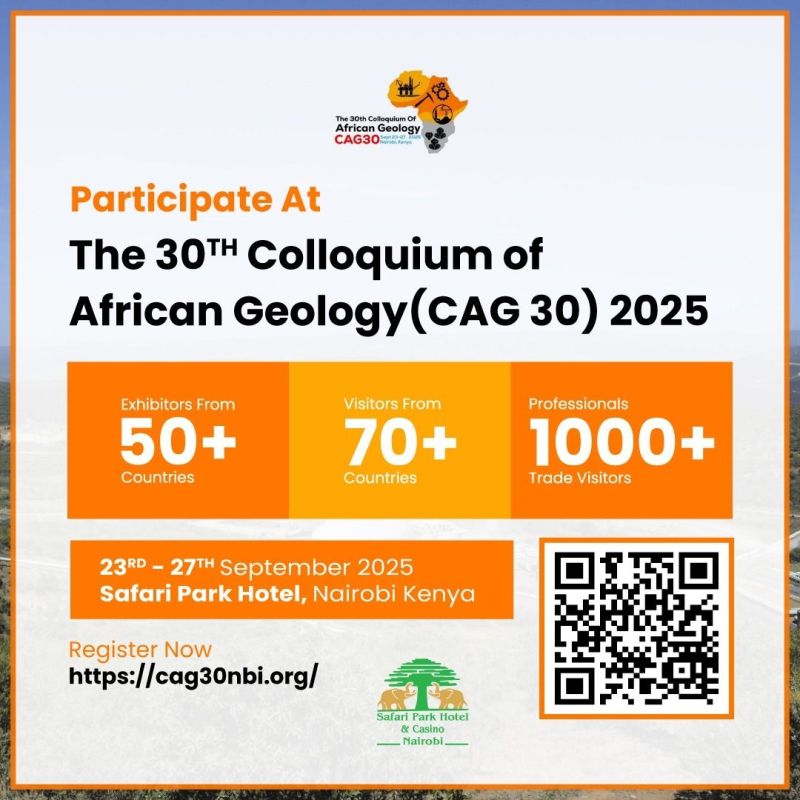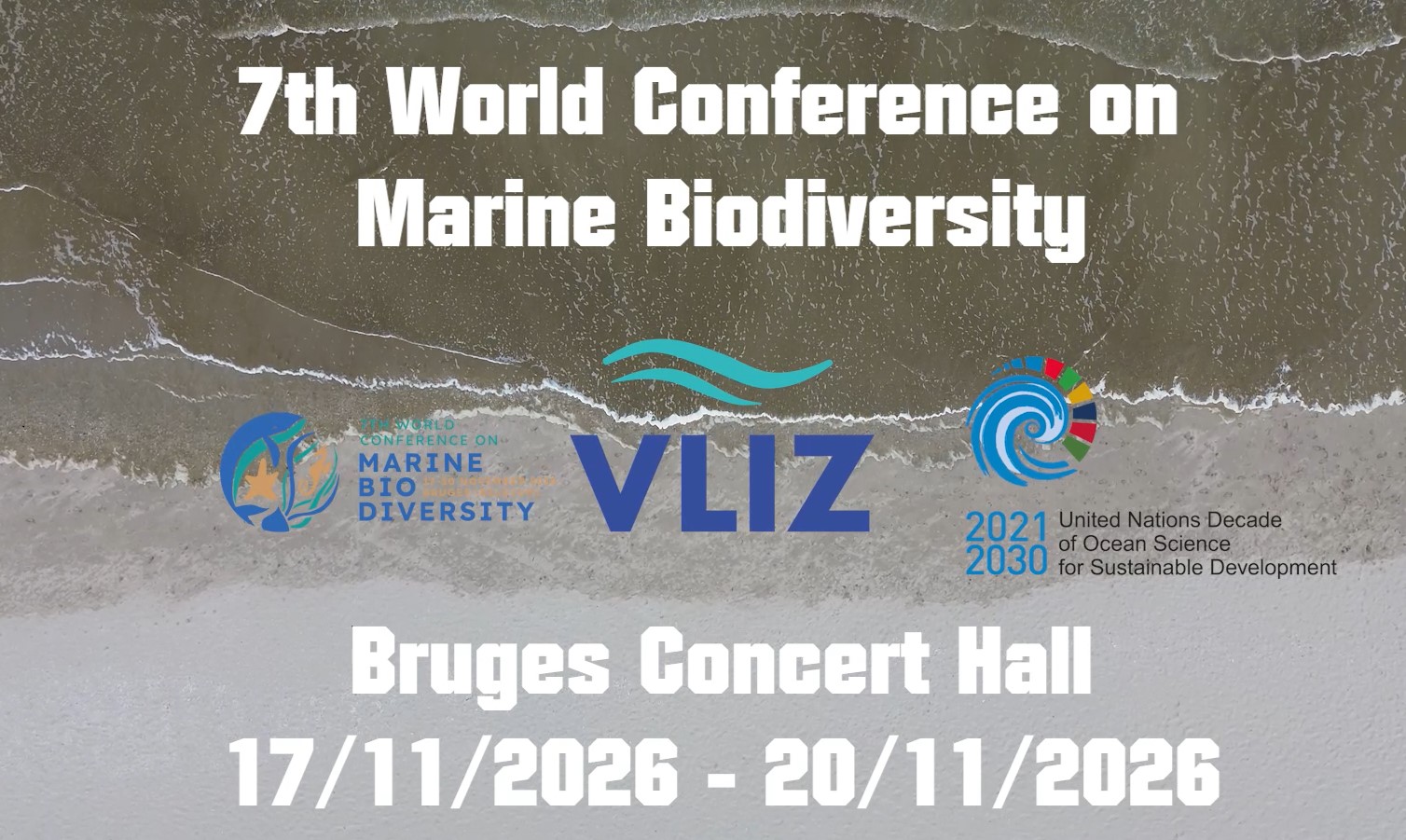The global mining industry is undergoing a major transformation—and Africa is no exception. From the copper belts of Zambia to the gold mines of Ghana and the platinum fields of South Africa, mining operations across the continent are tapping into the power of automation, artificial intelligence (AI), and big data to revolutionize the way minerals are discovered, extracted, and processed.
Welcome to Mining 4.0, a new era that blends traditional resource extraction with cutting-edge digital technologies. This movement is not just about keeping pace with global innovation; it is about unlocking unprecedented levels of productivity, safety, and sustainability across African mining.
What is Mining 4.0?
Mining 4.0 refers to the fourth industrial revolution in mining—a phase characterized by the integration of digital technologies into all aspects of mining operations. It builds upon the foundations of mechanization (Mining 1.0), mass production (Mining 2.0), and automation (Mining 3.0), ushering in an era where intelligent systems, machine learning algorithms, interconnected devices (IoT), and cloud computing form the backbone of mining.
The objective? To create smart mines that operate with minimal human intervention, enhanced efficiency, reduced environmental impact, and real-time decision-making capabilities.
Automation: Redefining Operational Efficiency
Automation is one of the most visible faces of Mining 4.0. It involves the use of autonomous or semi-autonomous machines to perform tasks such as drilling, loading, hauling, and blasting—many of which are traditionally labor-intensive and hazardous.
In South Africa, one of the continent’s mining powerhouses, companies like Anglo American and Gold Fields are deploying driverless trucks, remote-controlled drills, and automated conveyor systems. These machines can operate around the clock, boosting output and ensuring consistent performance regardless of weather or terrain.
Key benefits of automation in African mining include:
- Improved worker safety: Machines can be used in high-risk areas, reducing human exposure to dangerous environments.
- Higher efficiency: Automated systems optimize route planning, minimize idle time, and increase equipment utilization.
- Cost savings: Reduced fuel consumption, fewer breakdowns, and lower labor costs contribute to long-term savings.
Beyond the mine site, automation is also used in logistics and warehousing, ensuring that materials are moved, stored, and processed with greater precision and speed.
Artificial Intelligence: Smarter Decision-Making in Real-Time
AI is the brains behind the smart mine. It empowers machines and systems to analyze data, learn patterns, and make predictions—dramatically improving planning and operational decision-making.
In Botswana’s diamond sector, for example, AI-powered analytics are helping optimize ore sorting, reducing waste and improving recovery rates. In Ghana, AI tools are being used for geological mapping, allowing exploration teams to identify mineral-rich zones faster and with greater accuracy.
Some of the transformative applications of AI in African mining include:
- Predictive maintenance: AI models analyze machinery data to forecast equipment failures before they happen, minimizing costly downtime.
- Ore grade prediction: AI can assess the quality and quantity of ore in real-time, improving blending strategies and processing outcomes.
- Safety analytics: Smart cameras and sensors powered by AI can monitor worker behavior, detect gas leaks, or identify hazardous conditions—preventing accidents before they occur.
AI not only enhances operational intelligence but also enables a proactive approach to risk management, production planning, and resource allocation.


Big Data and IoT: Mining in the Age of Information
Modern mines are becoming data-generating ecosystems. From sensors embedded in trucks to drones capturing aerial imagery and satellites mapping terrain changes, data is being collected from all corners of the operation.
Big Data analytics helps make sense of this information—uncovering trends, spotting inefficiencies, and driving continuous improvement.
In Zambia, copper mines are adopting IoT (Internet of Things) technology to monitor ventilation systems, energy consumption, and water usage. By using real-time data dashboards, managers can adjust systems to optimize performance while reducing costs and environmental impact.
Key impacts of Big Data in African mining:
- Environmental monitoring: Real-time tracking of emissions, dust, and water levels helps companies stay compliant with environmental regulations.
- Supply chain transparency: Data-driven insights improve inventory management, procurement planning, and logistics.
- Community engagement: Public dashboards and data-sharing platforms enable stakeholders, including local communities, to monitor project progress and environmental compliance.
Challenges on the Road to Digitization
While the promise of Mining 4.0 is vast, African mining operations also face significant challenges:
- Infrastructure limitations: Poor internet connectivity, unreliable power supply, and remote mine locations often hinder tech adoption.
- Skills gap: There is a critical shortage of digital and data-literate workers in many mining regions. Upskilling and training programs are urgently needed.
- High upfront costs: Investing in automation, AI systems, and IoT infrastructure can be capital-intensive—posing a barrier for smaller operators.
- Cybersecurity threats: As mines become more digital, they also become more vulnerable to cyberattacks, requiring strong data protection strategies.
However, governments, private companies, and development partners are beginning to work together to address these gaps. For example, South Africa’s Mining Precinct initiative is helping coordinate research and development for modern mining technologies. Meanwhile, countries like Rwanda and Kenya are rolling out national digital skills programs to support tech-enabled industries, including mining.
A New Mining Mindset
Mining 4.0 is not just about machines—it’s about rethinking how we mine. It promotes a shift from reactive to predictive operations, from siloed departments to integrated ecosystems, and from environmental risk to sustainability as a competitive edge.
Companies that embrace this transformation are already seeing improved ESG (Environmental, Social, and Governance) ratings, increased investor interest, and stronger relationships with regulators and communities.
Importantly, Mining 4.0 also aligns with Africa’s broader goals for economic transformation, industrialization, and youth employment. By embracing digital mining, the continent can ensure that its vast mineral wealth translates into shared prosperity for generations to come.
Conclusion: Mining the Future
The future of African mining is digital, data-driven, and intelligent. Automation, AI, and big data are no longer just buzzwords—they are reshaping the landscape of mineral exploration and extraction.
From Johannesburg to Lubumbashi, Lusaka to Accra, a new generation of mining professionals is emerging—equipped with drones, dashboards, algorithms, and a vision for a smarter, safer, and more sustainable industry.
Mining 4.0 is here, and Africa is ready to dig deep—not just for minerals, but for innovation, resilience, and long-term growth.















